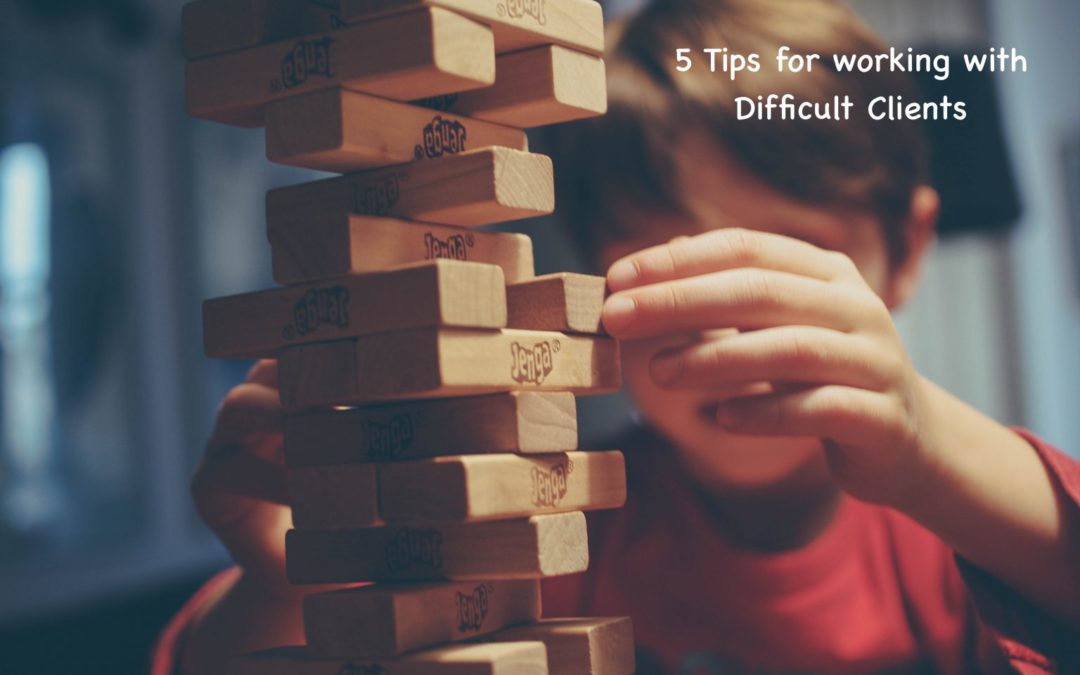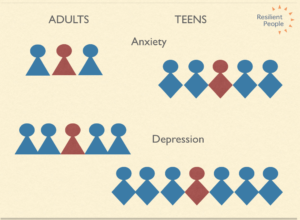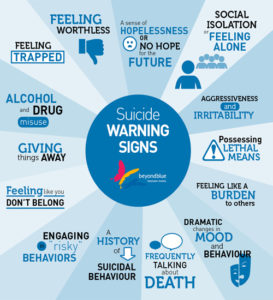
5 Tips for working with difficult clients

You know you have an appointment (or a phone call) coming up with a difficult client and you’re dreading it. You’ve probably had a few conversations with them that have been just – well, just awkward. Or sometimes you’ve finished the meeting feeling very frustrated and perhaps upset? Read on for 5 tips to help you deal with those difficult clients.
1. Just listen.
Don’t try to interrupt the flow because your client just wants to be listened to. They may not even want you to fix all of the things they vent about but they do want a friendly ear to listen to their experiences. The occasional, ‘Yes’ or ‘I hear what you’re saying.’ or ‘Really’ will create an empathetic link between you and your client. It doesn’t mean you agree with everything they’re saying but it helps them to ‘settle’ and stop venting. At last someone is listening to them and they feel that they are valued.
2. Reframe what they have said.
One of the primary tools used by counsellors, psychologists, lawyers and a whole raft of other professionals is to reframe what someone has said. For example, your client is talking about a problem they have encountered so you simply rephrase their sentence, or the gist of what they are saying, to show that you are really listening. This helps to clarify or go deeper into what it is they really want.
3. Get personal
In order to build a relationship, we need to show empathy towards the other person. This is more difficult at a distance because we aren’t able to pick up on those nuances of communication that we hardly notice when we are face to face.
Our animal instincts are still alive and well when we’re actually in the same room, so we pick up on a whole heap of clues that we don’t get on the phone or on Zoom. Coming from that place of ‘caring’ might not be your natural way but showing an interest in your client’s life can help to create a very useful rapport.
4. Pay close attention to the person on the screen when you’re online
I recently presented a webinar which I’d thought was going to be a workshop and boy did I feel uncomfortable not being able to see everyone’s face! It came as something of a shock to be playing to a silent, faceless audience. I hadn’t realised how important it was to have the feedback we take for granted when we see another person – even on a screen.
The good news is that we can pick up on facial reactions online so take note of people’s posture. Do they look tense and ill at ease? Look closely at their face as you speak. Are they smiling when you try to be funny? Are their responses very short? Visual clues can be invaluable.
5. Find a good role model
Creating a good relationship with a client is complex but so valuable. Think of the people you enjoy chatting with when you’re a client and take note of what they do that works for you. BONUS Point!
6. Monitor how you go.
If you really want to improve your relationship with clients, take note of how you go with difficult conversations. Recognise first and foremost that often people don’t like calling about a problem so they start off from a place of fear. If you want to change how difficult conversations play out, ‘watch’ and listen to your own responses and keep a note of how you did. Give yourself a pat on the back too and celebrate your success.
Elena is available for a free chat to talk more about dealing with difficult clients or you might like to know how to work with difficult team members. Email Elena@resilientpeople.com.au or text 0407445497 and she will get back to you ASAP.








